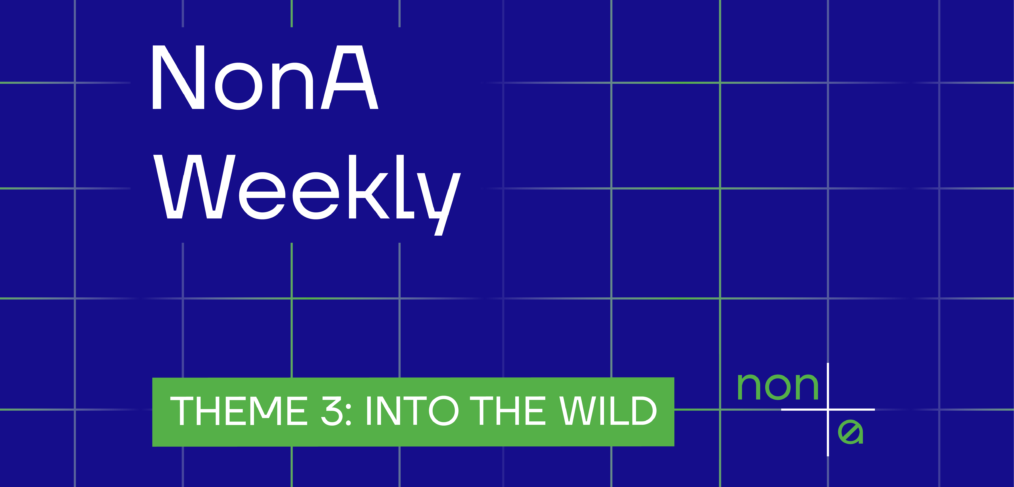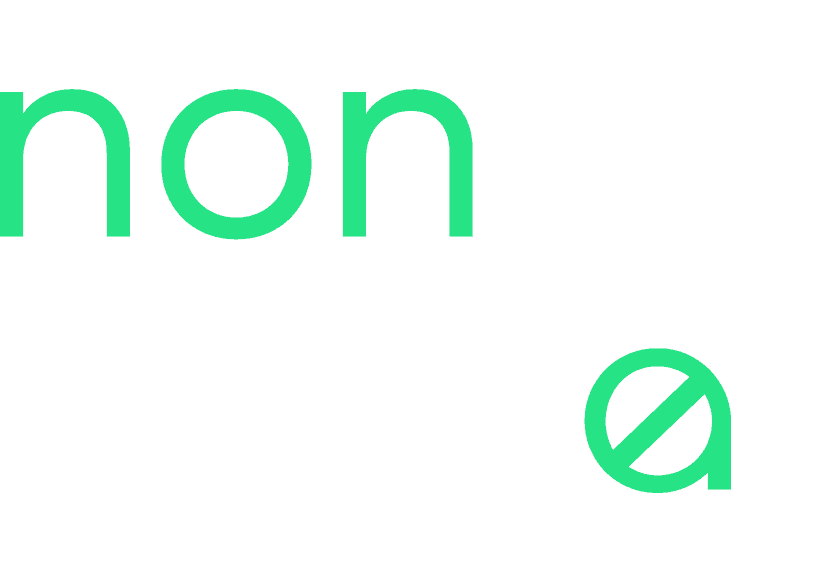
NonA Weekly: GOING WILD FOR A WHILE

Image by @rylandjames
Hi there!
Long gone are the days of showing up to a friend’s house uninvited or attending a crowded concert unmasked.
Hikes, picnics or bike rides along a tree-lined path feel a long way off when you’re quarantined in a low-light basement apartment or a balcony-less condo, and you’re screen-saturated from work, school and social gatherings. This sense of disconnection from the natural world is not surprising. Even prior to coronavirus lockdowns, most of us were spending 90 per cent of our time indoors.
Research shows that exposure to nature is correlated with improved well-being and a stronger sense of belonging. That’s why when you think about your “happy” place, it is somewhere in a natural setting.
This weeks’ newsletter tackles the issues around Social Gatherings & Events and Sense of belonging & Placemaking.
1. HERE’S WHY YOU’RE CRAVING THE OUTDOORS SO MUCH DURING THE CORONAVIRUS LOCKDOWN
These days, with social DISTANCING rules still in place, it can be difficult to get outdoors and to know whether or not to. High-rise apartment buildings have elevator limits. Neighbourhoods may have more parking lots than parkland. Or it could be that you are caring for someone with a high risk of developing severe illness from a COVID-19 infection.
2. RECONNECTING PEOPLE WITH NATURE THROUGH ARCHITECTURE AND DESIGN
Poorly conceived design divides us in urban areas from our wilds and has contributed to seeing nature as something isolated from us; this actually diminishes us. This POST details how architecture and urban design can bring us back to nature, in schools, cities, workplaces and hospitals, with numerous benefits.
3. WHAT WILL SOCIAL GATHERINGS LOOK LIKE AFTER COVID-19?
Life post-pandemic won’t be like life pre-pandemic. For a safe gathering, it should be small and outdoors. Here is a short GUIDE to Social Gatherings After COVID-19 in the safest possible way.
4. SOCIAL DISTANCING IS SO HARD BECAUSE IT’S CONTRARY TO HUMAN NATURE
Humans are social animals, even what some call “ultra-social.” For millennia, survival has depended on being part of a group. If distancing seems hard, it’s not just you: It’s human NATURE.
5. HOW NATURE SUPPORTS A SENSE OF BELONGING AND WELL-BEING
Time in NATURE has quantifiable physiological effects, including changes to brain activity, reduced stress hormones, improved immune function and less muscle tension.
6. A SENSE OF BELONGING
To wrap up this weeks’ newsletter, here’s an INTERVIEW with Ma Yansong, founder of MAD Architects in Beijing, about nature, fundamental human feelings, the modern city, and philosophies of the East.
Stay creative and see you all next week!
Daniela


